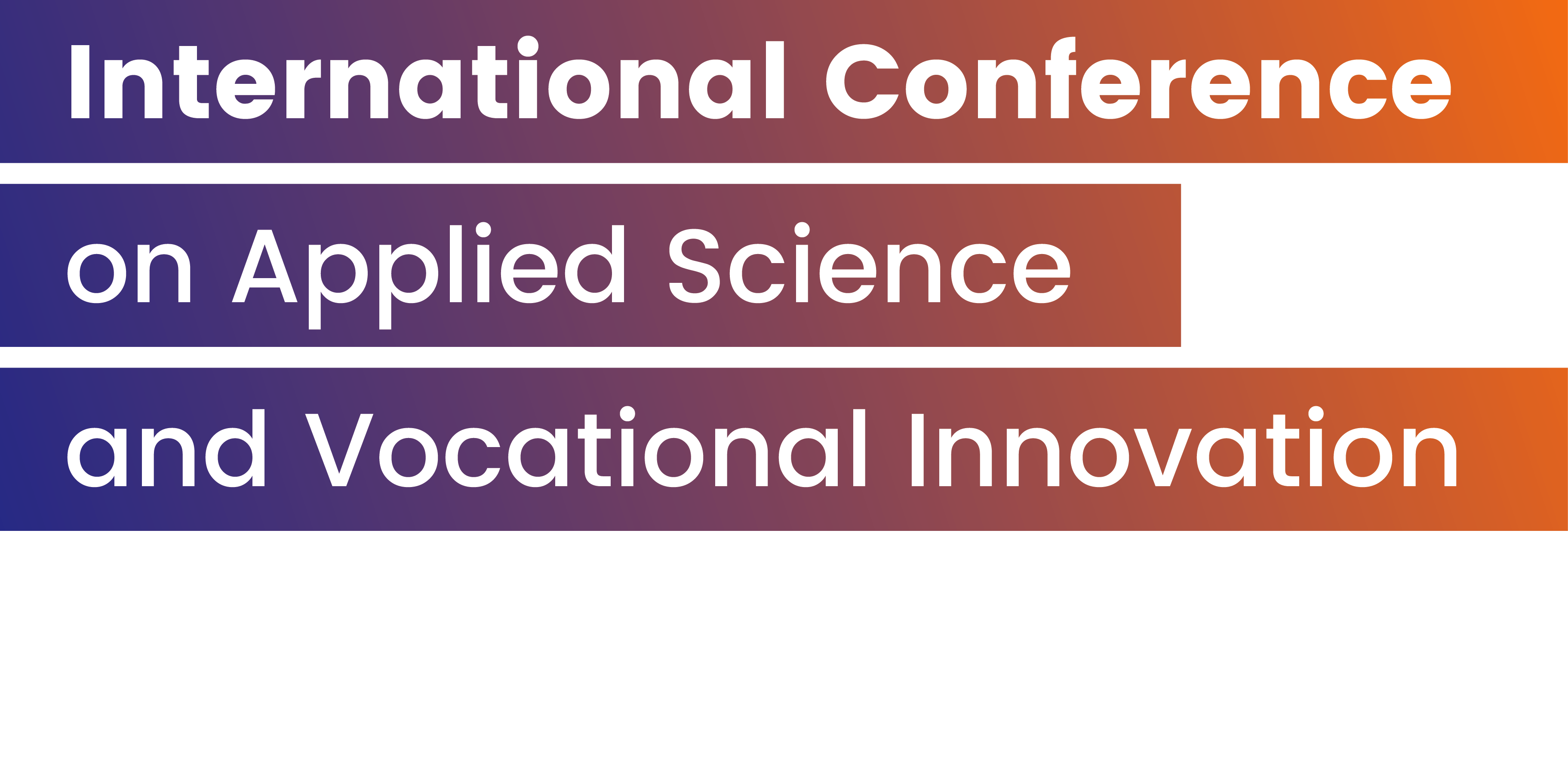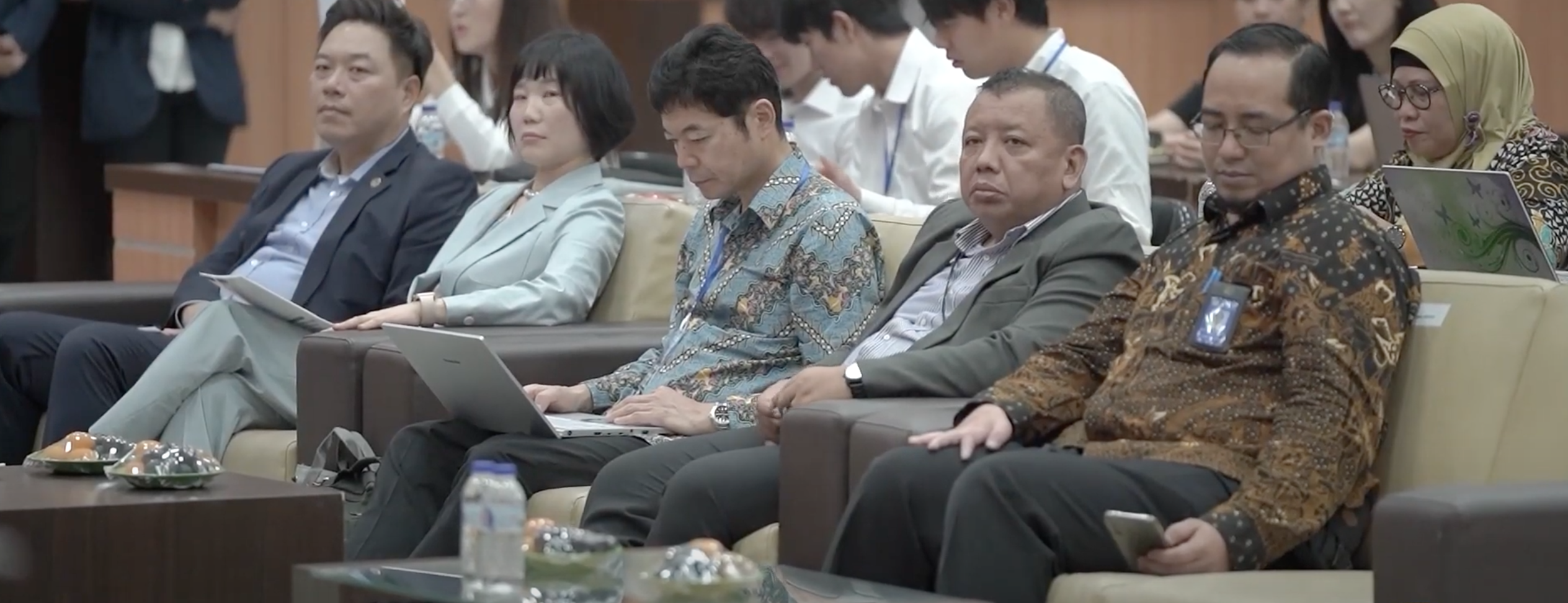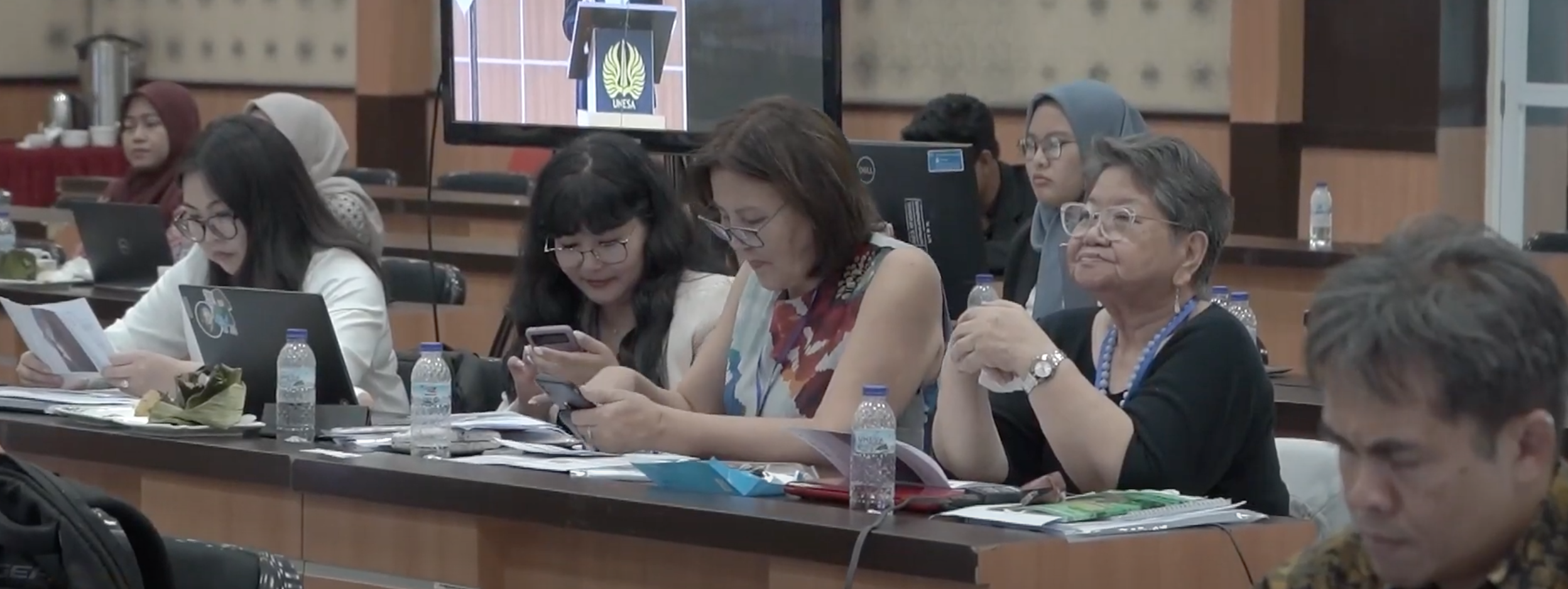



The 1st International Conference on Applied Science and Vocational Innovation (ICASVI) in Surabaya, August 10-11, 2024 is calling for papers on the theme “Bridging Green Digital Excellence through Environmental Responsibility in Higher Education”. Higher education institutions should wholeheartedly embrace the adoption of green digital practices due to their dual impact on environmental sustainability and educational efficiency. By transitioning to digital platforms, universities can significantly reduce paper consumption, energy usage, and overall carbon footprint, aligning with global efforts to combat climate change. Moreover, embracing green digital technologies allows for streamlined administrative processes, enhanced collaboration through online platforms, and increased accessibility to educational resources. This not only contributes to cost savings and operational efficiency but also prepares students for a digital-centric future. Embracing green digital initiatives in higher education is not just an environmental imperative but a strategic move that aligns with the evolving needs of a technologically advanced and environmentally conscious society.
Our conference proceedings program reports the findings from scientific meetings that span the physical sciences, including physics, math, chemistry, materials science, and engineering.

Igniting Innovation for a Sustainable Future!
Green technology, also known as sustainable or clean technology, refers to the development and application of innovations that aim to address environmental challenges and promote sustainability across various industries. The primary goal of green technology is to minimize negative impacts on the environment, reduce resource consumption, and foster more eco-friendly practices. Several key areas of focus within green technology include green building design and construction, sustainable transportation, renewable energy, energy efficiency, waste management, and sustainable agriculture.
Communities play a pivotal role in environmental sustainability as they serve as the primary locus of collective action and shared responsibility. Recognizing that environmental challenges affect local ecosystems and the well-being of residents, communities are uniquely positioned to implement impactful initiatives. By fostering a sense of environmental consciousness and shared responsibility, communities can engage in sustainable practices such as waste reduction, energy conservation, and green infrastructure development. Additionally, community-driven efforts often lead to increased awareness, education, and advocacy for environmental issues, fostering a culture of stewardship. When individuals within a community actively participate in sustainable practices, it creates a cumulative effect that contributes to broader regional and global environmental goals. Ultimately, community responsibility for environmental sustainability not only addresses local ecological concerns but also reinforces the interconnectedness of human actions and the health of the planet we collectively inhabit.
In higher education context, green technology practices are instrumental in fostering environmental responsibility among academic institutions. By adopting sustainable initiatives, universities can significantly reduce their environmental impact. Implementing energy-efficient technologies in campus facilities, such as smart lighting systems and optimized heating, ventilation, and air conditioning (HVAC) systems, contributes to reduced energy consumption and lower carbon emissions. Furthermore, the integration of renewable energy sources, such as solar panels and wind turbines, helps universities transition towards cleaner energy alternatives. Embracing digitalization through online courses and electronic textbooks not only reduces paper usage but also minimizes the need for physical transportation, lowering the overall carbon footprint. Waste reduction strategies, recycling programs, and eco-friendly building designs contribute to a more sustainable campus environment. Additionally, higher education institutions serve as influential hubs for research and innovation, allowing for the development and dissemination of green technologies and practices that can inspire future leaders and professionals to champion environmental responsibility in their respective fields.
Higher education institutions should wholeheartedly embrace the adoption of green digital practices due to their dual impact on environmental sustainability and educational efficiency. Therefore, it is considerable to hold a global wide discussion which is manifested through The 1st International Conference on Applied Science and Vocational Innovation.
The conference is dedicated to vocational education and training to serve as a platform for researchers, educators, and industry professionals to share insights, findings, and innovative solutions.

Jl. Raya Jemursari no. 110 – 112, Jemur Wonosari, Kec. Wonocolo, Surabaya, Jawa Timur 60237
Name: Arieviana Ayu Laksmi, S.T., M.B.A
Phone: +62 813 3070 8293
Email: icasvi@unesa.ac.id
